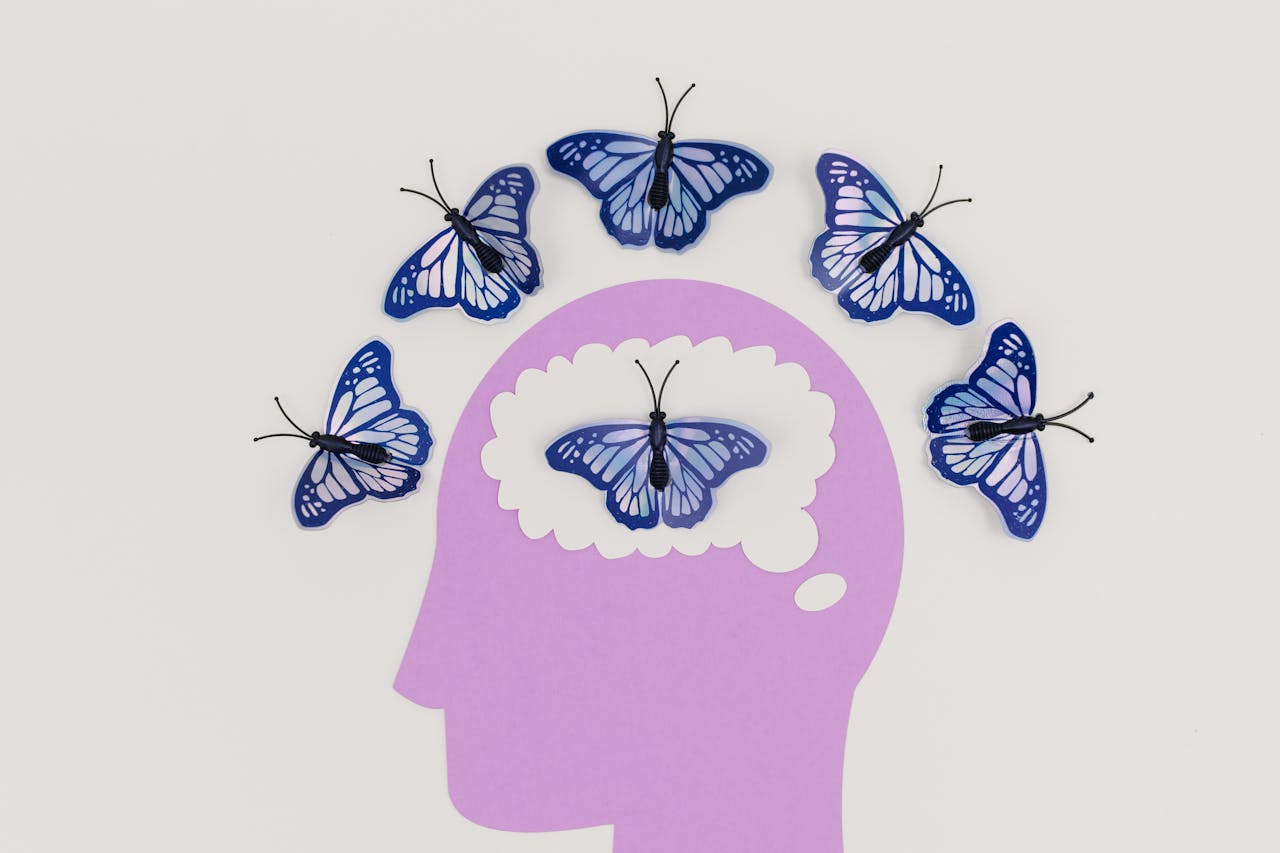Five Mental Health Resources in Germany
Globally, mental health has emerged as a critical concern, and Germany is no different. As mental health issues become more widely recognized, a growing number of people are looking for trustworthy alternatives to assist their wellbeing. Even though the nation provides a wealth of resources, it might be difficult to get the correct assistance. The … Read more

